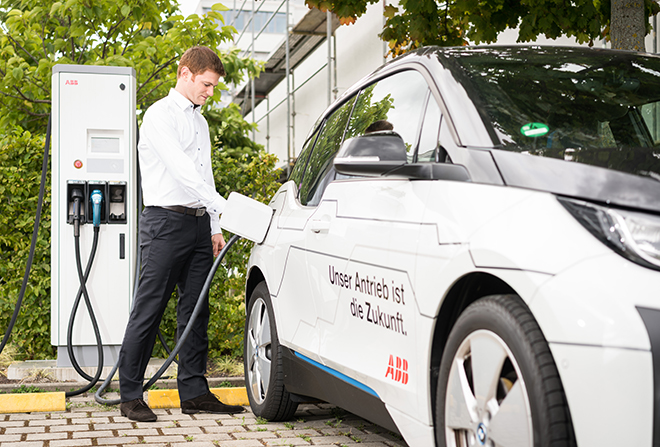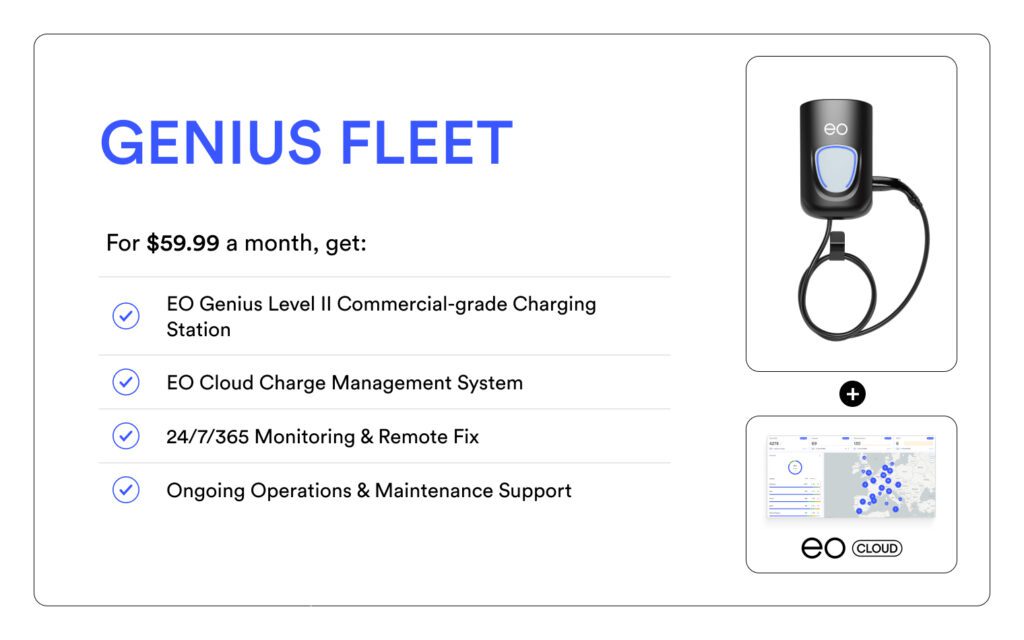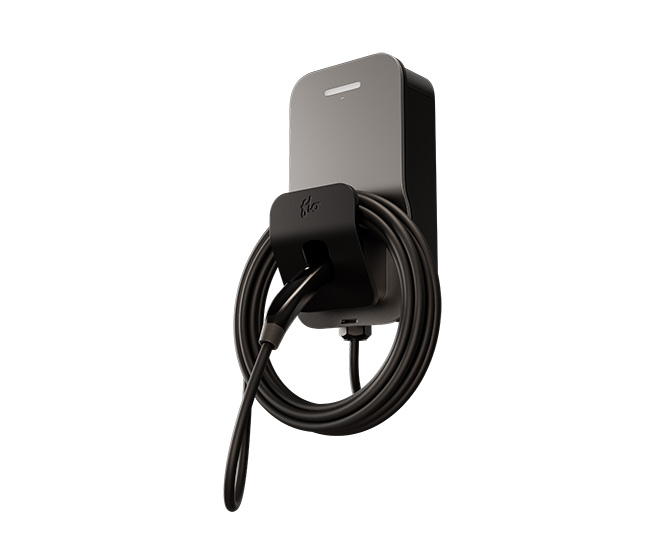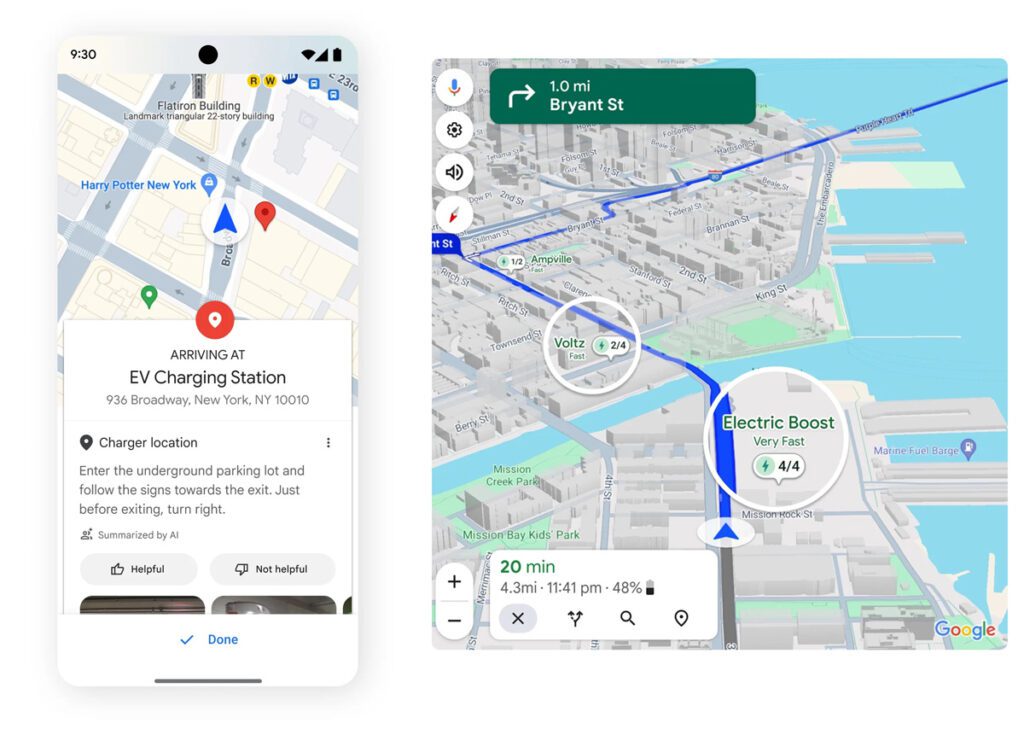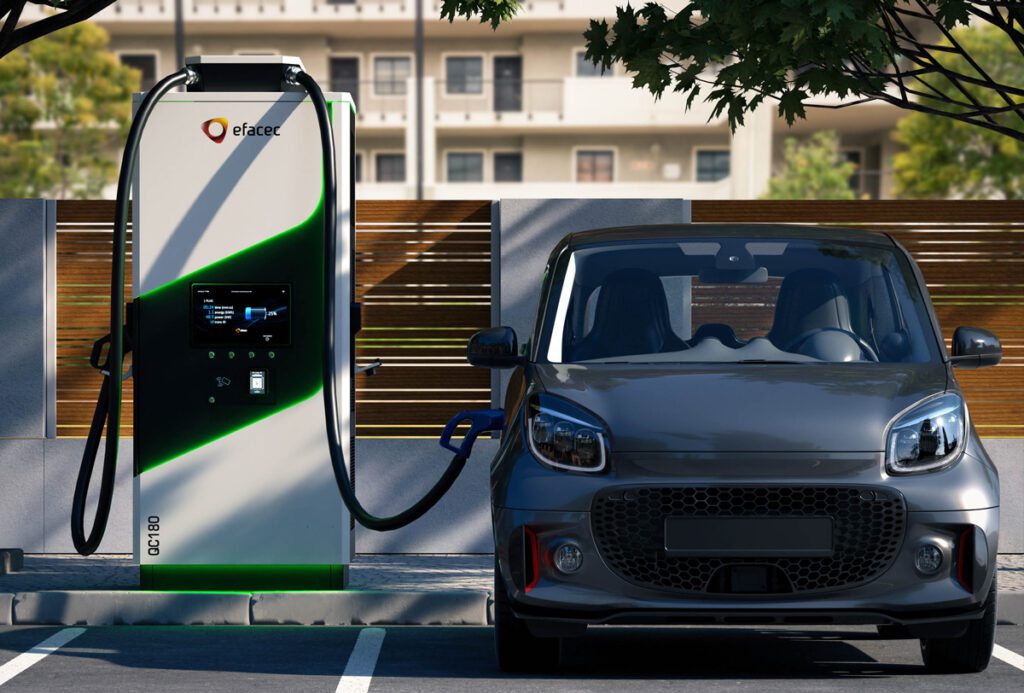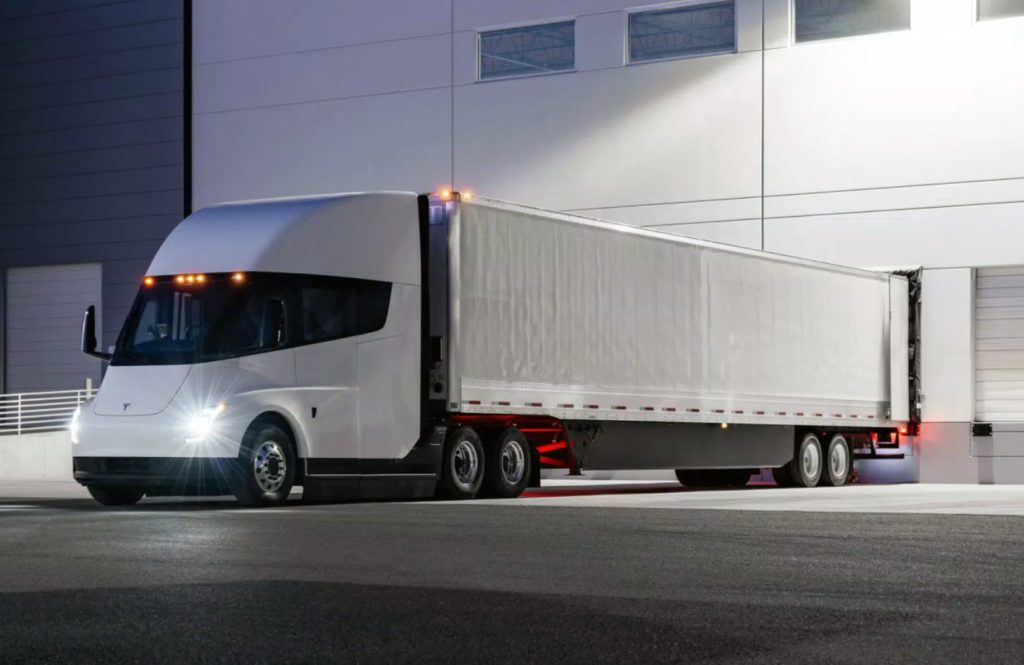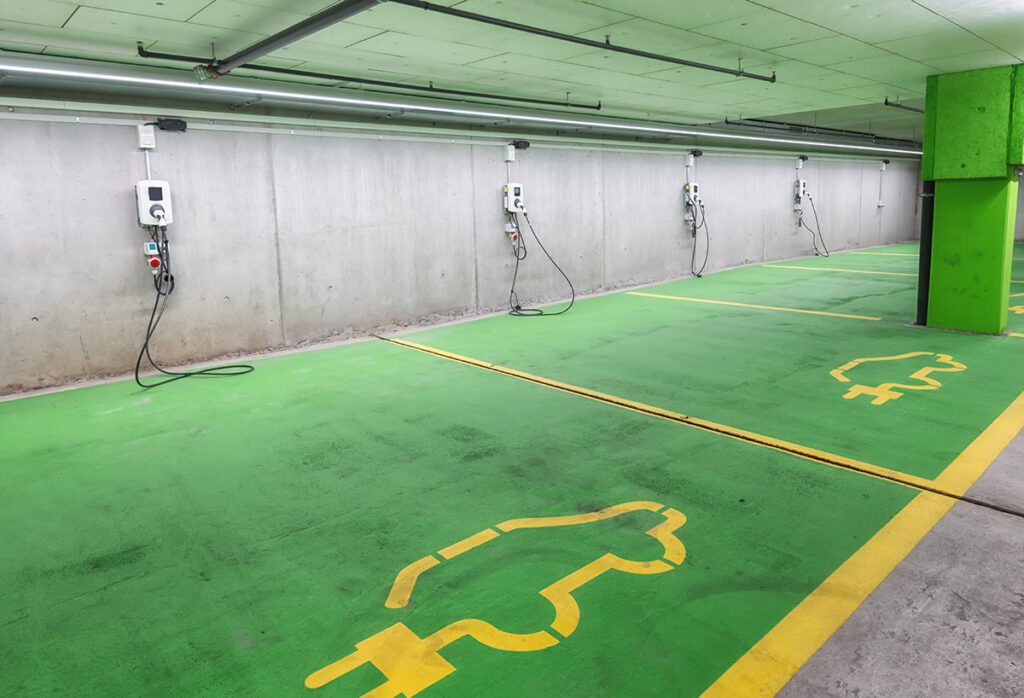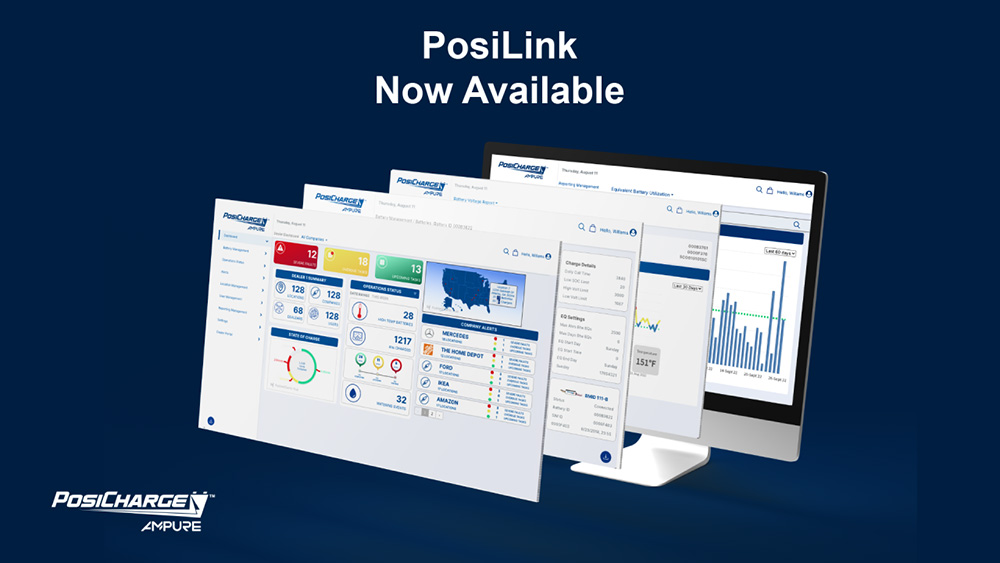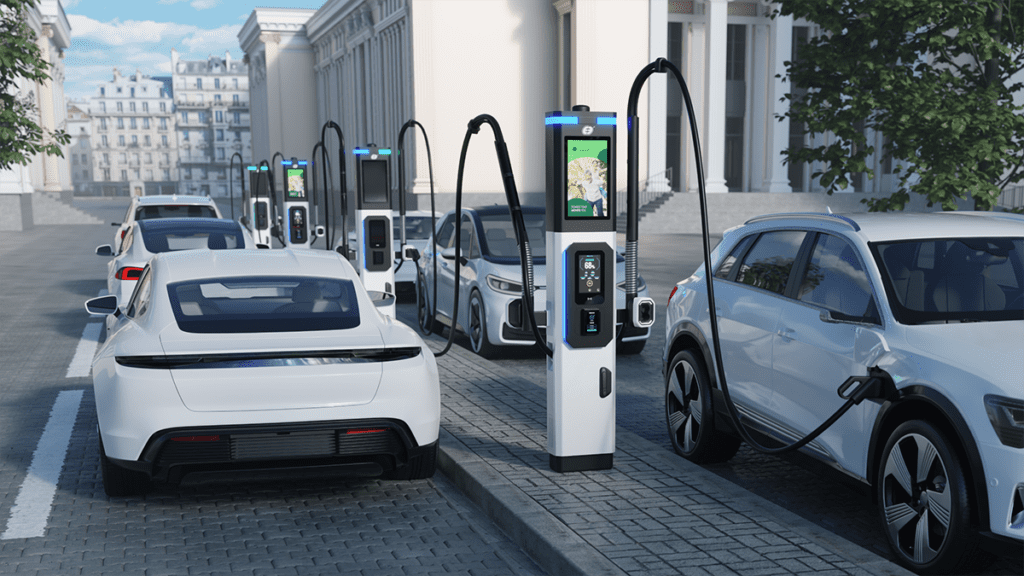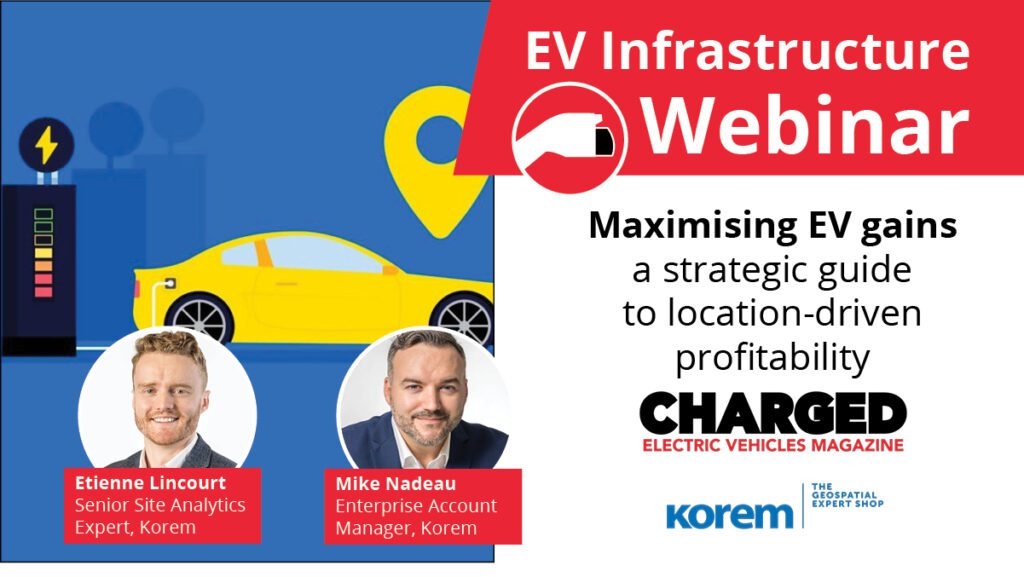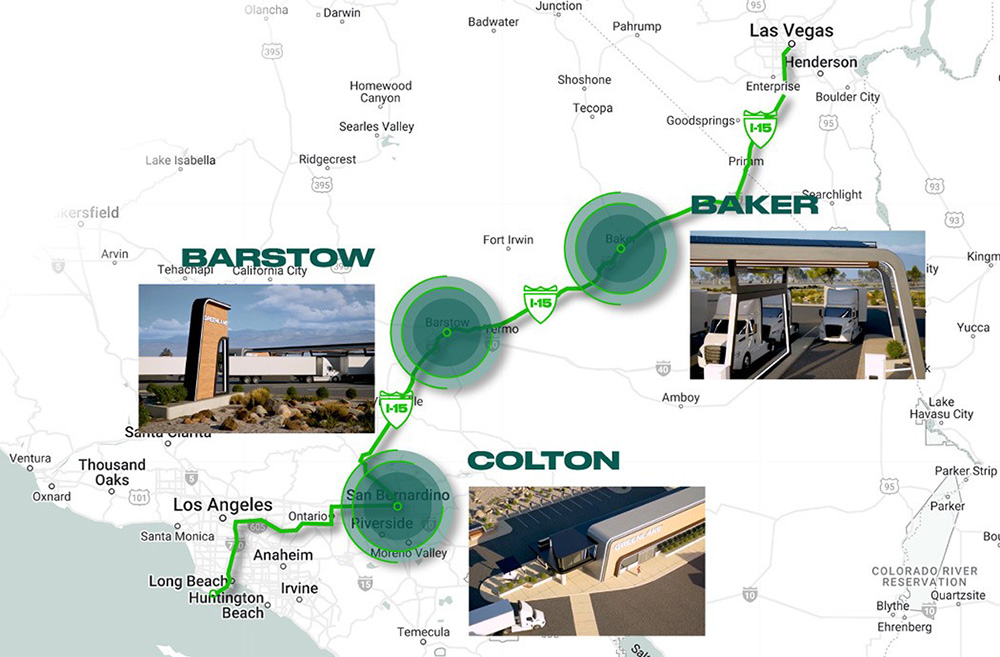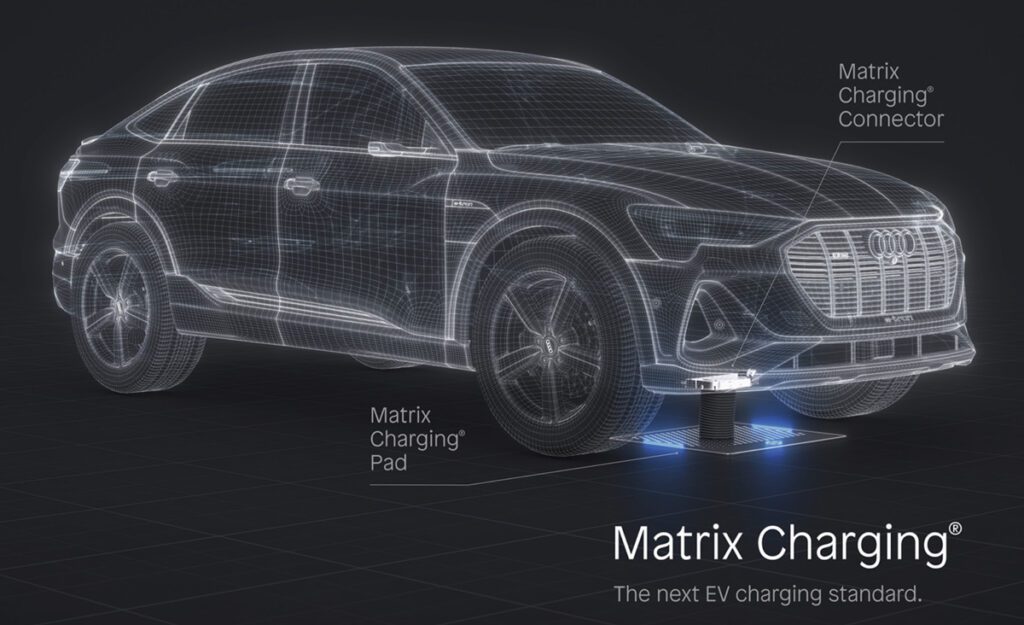A new analysis from the nonprofit organization Ceres and M.J. Bradley & Associates finds that the benefits of increased investment in EV charging infrastructure outweigh the costs by more than 3 to 1.
“Accelerating Investment in Electric Vehicle Charging Infrastructure” evaluates the need for charging infrastructure – including both private and public chargers – in 12 of the largest utility service territories in 7 US states.
In these utilities’ territories, which include 42 million residential customers and 80 million vehicles, an infrastructure investment of $17.6 billion would yield benefits of $58 billion by 2035, the analysis found. Moreover, after 2035 annual net benefits will increase faster than additional investments, so the cumulative net benefits will continue to increase over time.
The report recommends various pro-EV policies, including: vehicle purchase incentives; rebates, grants and tax credits for both private and public charging infrastructure; and utility-based programs such as consumer outreach and education, special charging rates and investment in charging infrastructure.
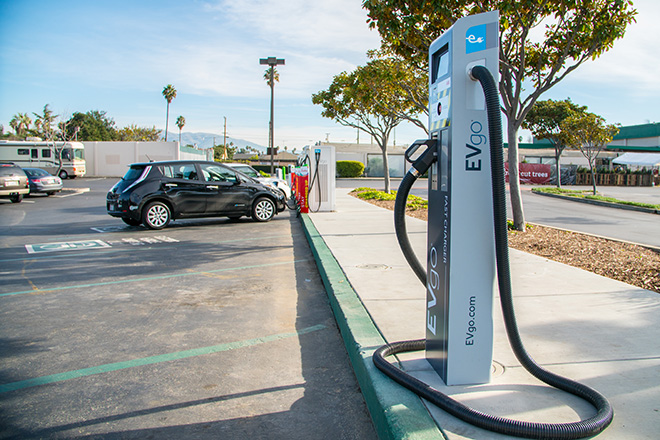

“The benefits of transportation electrification would be shared by EV owners, electric utility customers, and society at large,” said Dan Bakal, Director of Electric Vehicles at Ceres. “Utilities are in a unique position to help build awareness among their customers. They are also well situated to significantly reduce the financial risk to charging station developers – especially in the short term as the PEV market develops – by providing special rate structures for commercial charging stations.”
“Properly designed PEV market incentives can advance diverse state and local policy goals at the same time – including energy independence and security, climate change mitigation, air quality improvement, and local economic development,” said Michael Bradley, President of M.J. Bradley & Associates. “State and local policymakers should prioritize these policies and programs in the near term to aid in the transformation of the transportation sector.”
Source: Ceres



